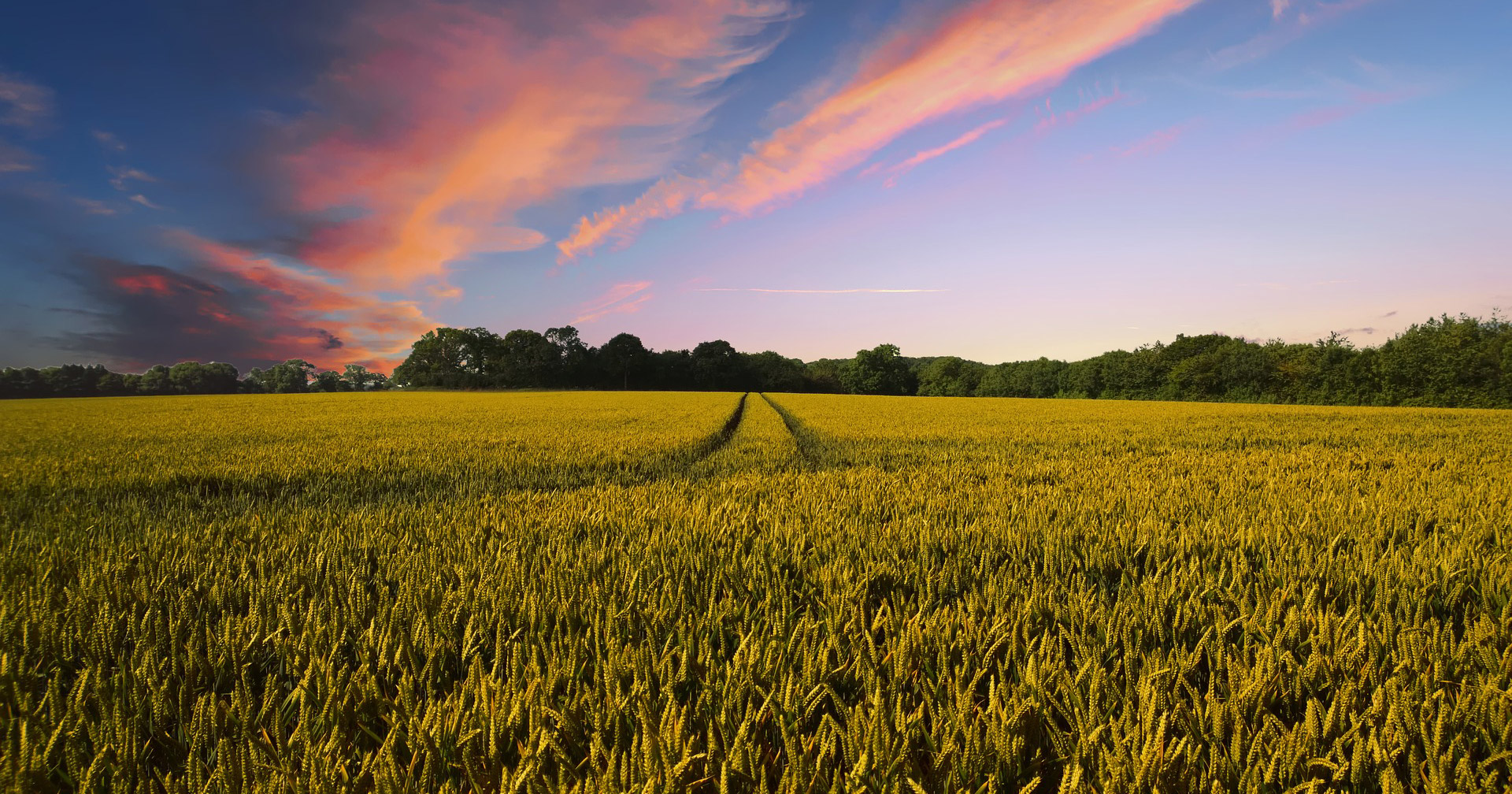
Across the planet, demand for food, energy and water resources are increasing. Yet in academia, these three areas fall under disparate disciplines like engineering, natural resources, policy and economics.
A newly funded program at Colorado State University will work to break down those traditional barriers by integrating research and training for graduate students in the food-energy-water nexus. The National Science Foundation has awarded the university about $3 million over five years to develop a new research traineeship program to “train the next generation of scientific leaders to develop the skills necessary to tackle complex societal problems
CSU’s new program is called InTERFEWS (The Interdisciplinary Training, Education and Research in Food-Energy-Water Systems in Semi-Arid Regions). Its goal is preparing a diverse group of graduate students with the skills and knowledge to make meaningful contributions to complex and changing interactions in food, energy and water. According to organizers, the Rocky Mountain Western Region is a perfect backdrop for such an effort, given water scarcity, rapid urban growth and a booming energy industry.
“CSU has leading expertise in many areas from energy exploration to water resources planning to provide an integrated framework in which our students can learn,” said Sybil Sharvelle, associate professor of civil and environmental engineering, and the project’s leader. “Our goal is training future leaders at the nexus of food, energy and water, using a systems-based approach that cuts across disciplines, departments and colleges.”
The program is set to fund a total of 16 graduate students over the next five years, and include another 18 as fellows.
CSU’s strengths in energy and water topics, and a culture of collaboration with outside partners, will enable InTERFEWS to succeed, organizers say. The training program will overcome current barriers to transdisciplinary research and training in the following ways:
- A curriculum that includes three new InTERFEWS courses, along with a set of existing elective courses, to specifically address food, energy and water issues
- Apprenticeships on food, energy and water topics organized through partnerships with industry, government agencies and non-governmental organizations
- Transdisciplinary problem-solving and communications training
- Collaborative research to foster technological, policy and institutional innovations.
InTERFEWS leadership team
- Sybil Sharvelle, civil and environmental engineering
- Rich Conant, ecosystem science and sustainability
- Stephanie Malin, sociology and Colorado School of Public Health
- Ken Reardon, chemical and biological engineering
- Meagan Schipanski, soil and crop science